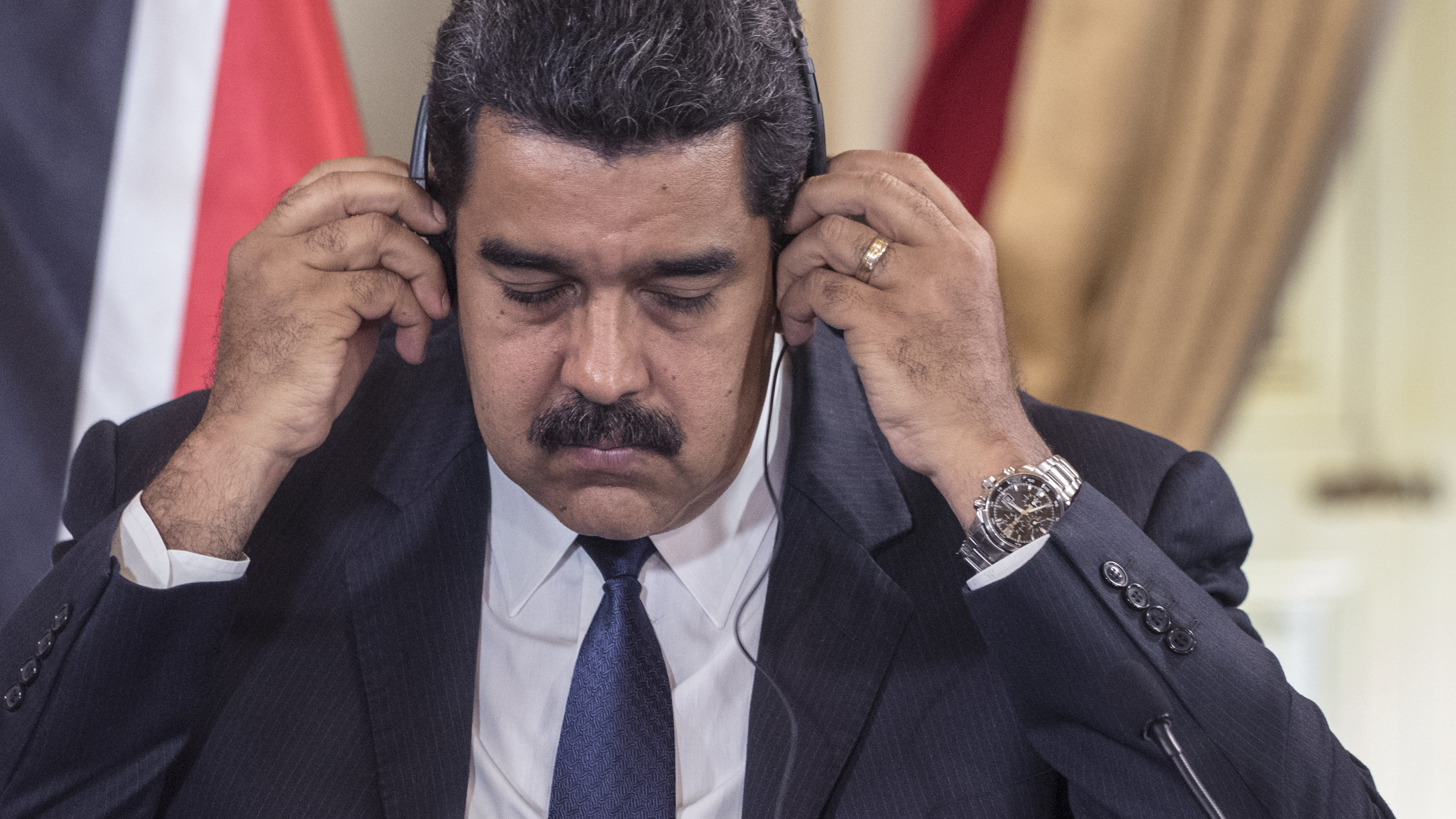Today’s Headlines and Commentary
The U.N. Assistance Mission in Afghanistan has released its annual report on the protection of civilians in the conflict in Afghanistan.
Published by The Lawfare Institute
in Cooperation With

The U.N. Assistance Mission in Afghanistan has released its annual report on the protection of civilians in the conflict in Afghanistan. William Saletan of Slate points to the report (along with three other efforts to track the impact of UAV strikes) in his defense of utilizing UAV strikes in warfare:
You can argue over which of these counting systems to believe. But the takeaway is obvious: Drones kill a lower ratio of civilians to combatants than we’ve seen in any recent war. Granted, many civilians in Iraq, Afghanistan, and other such wars were killed by our enemies rather than by us. But that’s part of the equation. One reason to prefer drones is that when you send troops, fighting breaks out, and the longer the fighting goes on, the more innocent people die. Drones are like laparoscopic surgery: They minimize the entry wound and the risk of infection.
Somini Sengupta documents nationwide reactions to the idea that domestic law enforcement agencies might employ UAVs to support their efforts in the New York Times.
Over the weekend, the Wall Street Journal published this op-ed by former U.S. Attorney General Michael Mukasey arguing that the Obama administration’s white paper “goes beyond [the 2001 Authorization for the Use of Military Force] and completely off the rails.” His fix? Amending the AUMF to “clarify the scope of the conflict” rather than establishing a FISA-like court, which he calls a “feel-good prescription [that] is devoid of substance.” He says of an amended AUMF and targeted killing court, respectively:
On the tactical level, that would permit Congress to define the circumstances in which the U.S. may detain and interrogate---measures at once more humane than drone strikes and far more likely to yield actionable intelligence rather than merely consume it. The original law doesn't mention detention or interrogation, instead referring only to the use of armed force.
On a strategic level, a legislative effort to amend the AUMF would require lawmakers to face up to the reality that America's adversary isn't simply this or that group but rather those who pursue a totalitarian Islamist ideology.
. . .
Judges have no basis or background that suits them to review targeting decisions and no way to gather facts independently. Because they may serve for life, there is no way to hold them politically accountable for a decision---how best to defend the country---on which elected politicians are supposed to rise or fall. If it is simply a matter of introducing into the process some figure in whom the public has unreasoning trust, we might just as plausibly have the president's targeting decisions reviewed by Oprah.
China’s defense ministry is stridently denying Mandiant’s report that it is behind cyber attacks against U.S. government, organizations, and businesses. David Barboza of the Times reports, while the Times editorial today is on those very allegations. The editorial argues that China and the U.S. should “Take the lead in negotiating new international understandings of what constitutes cyberaggression and how governments should respond.” The Economist provides an overview of the Mandiant report for those who don’t know cyber-speak.
More from China: Jane Perlez of the Times writes on reports that China considered using a UAV strike to kill a drug lord from Myanmar, and what that says about the country’s capabilities both on UAV technology as well as on navigation systems.
I know that President Obama was waiting with bated breath for endorsement of his cybersecurity executive order from Russian software security company President Eugene Kaspersky, and here it is. Kenneth Rapoza of Forbes reports that Mr. Kaspersky called the EO a “move in the right direction,.”
So we all know that Chuck Hagel’s nomination has been stalled by the GOP, but Secretary of State John Kerry is hard at work, seemingly trying to get his Russian counterpart to return his calls. Anne Gearan of the Post tells us that it took six whole days for Secretary Kerry to hear back from Foreign Minister Sergey Lavrov.
As Jack already noted, Ryan Goodman writes over in Slate on what the history of the law of armed conflict illustrates about the argument put forth in the DOJ white paper.
Gen. John Allen, recently returned from his stint as the commander of U.S. forces in Afghanistan as well as ISAF, will be retiring from the Marines Corps, thus declining to take over EUCOM, what the Washington Post describes as the “most prestigious overseas assignment.”
China has rejected the Philippines’ request to take part in an international arbitration over the countries’ competing territorial claims in the South China See, reports the AP. Philippines sought arbitration under the Law of the Sea treaty (that the U.S. Senate has refused to ratify since its presentation back in 1982).
U.S. Rep. Keith Ellison (a Muslim, who represents a large contingent of Somali emigrants) visited Somalia and met with the President of the country, whose government was officially recognized by the U.S. just last month. Here’s Mohammed Ibrahim of the Times.
For more interesting law and security-related articles, follow us on Twitter and check out the Lawfare News Feed, visit the Georgetown Center on National Security and the Law’s Security Law Brief, Syracuse’s Institute for National Security & Counterterrorism’s newsroll, and Fordham Law’s Center on National Security’s Morning Brief and Cyber Brief. Email Raffaela Wakeman and Ritika Singh noteworthy articles to include, visit the Lawfare Events Calendar for upcoming national security events, and check out relevant job openings at the Lawfare Job Board.




